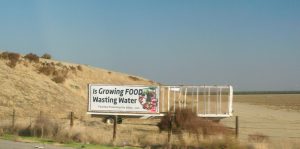
Do you know where your water comes from? This question and many others are the premises of Jacob Morrison’s documentary, River’s End: California’s Latest Water War. With deep, investigative research, the writer/director presents an alarming picture of what is happening with the state’s water supply and how this reflects a much larger global water crisis. The film’s beginning of archival footage of President Kennedy’s speech about water and the need to work together on this issue shows how it went from a recurring bad dream to a real-life nightmare. A harbinger for the future, Roman Polanski’s 1974 Chinatown revealed how water politics would shape and influence the future of the world’s fifth-largest economy today.
Essential to River’s End is defining the significance of the Sacramento Delta, an inland freshwater estuary where California’s major rivers converge with the Pacific Ocean. Twenty million citizens receive their drinking water from the delta. Unfortunately, the power of large corporations and their industrial, agricultural, and water diversion plans has led to the draining of the Owens Valley — recall Chinatown? Of course, this doesn’t even get into the politics and lobbying surrounding this timely issue. So, why do you need to know where your water comes from? Because knowledge is power and will allow for rivers and ecosystems to be saved and give Californians the water access they need if considered.
Morrison presents the many factors involved and defines the perfect storm of greed, power, climate change, the human condition, and the growing reality of extinction. The filmmaker reveals a micro to macro view by chronicling family pear farmers and massive corporate farming conditions for almond production in the San Joaquin Valley (which supplies 80% of the world’s consumption). Corporate farmers are the players who have contributed to the California water crisis, which, if not addressed, will have devasting, irreversible consequences that are sadly already in motion.
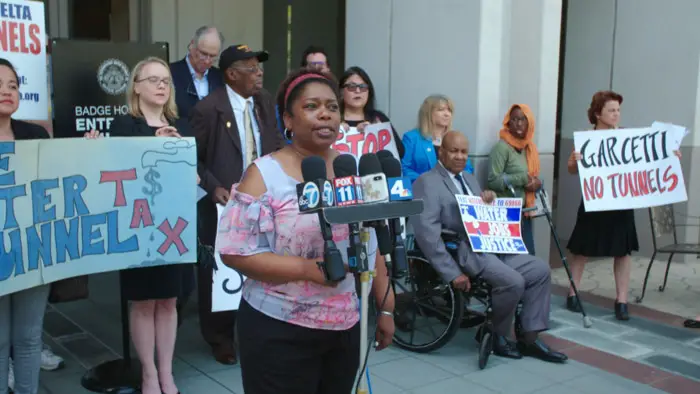
“…an alarming picture of what is happening with the state’s water supply and how this reflects a much larger global water crisis.”
There are many ideas on how water delivery to the extensive metropolitan areas of Los Angeles, San Francisco, and everywhere in between needs to exist — these ever-evolving, decades-spanning plans include tunnels, irrigation paths, and more. Morrison explains how water distribution is disproportionate to how much is coming into the state, even in a drought and climate change crisis. On this point, he examines the Westlands Water District. This central California entity, which oversees extensive water supply contracts for almond farming and is connected to ex-President Donald Trump (who made his dislike for California very clear), represents the interest and influence of large corporations. Among the finger-pointing, Morrison reveals how corporate farm owners and their workers live in stark contrast to one another.
All in all, the biggest loser in this water war chronicled throughout River’s End is the environment. The extinction of the Delta smelt and less and less salmon spawning is the crystal ball to the future. Politicians may decry the attempted preservation of a two-inch fish as ridiculous. But, it is not, and time is running out to help save the ecosystem and thus help Californians keep water. As the delta’s freshwater becomes less and less and more saltwater comes in, more of the ecosystem will decay, and disappearing species along with unusable land and drinking water will have more damaging effects than just the shortage of water.
River’s End: California’s Latest Water War effectively uses beautiful scenic photography, well-executed interviews, archival footage, and helpful animation to portray what the California water war is all about. Morrison puts forth how a fight is worth it for Californians and the environment. As well as the filmmaker crafts his call to action, the documentary might be tough to handle for some, as it is frustrating to learn about the hows and whys this issue is still at large today.
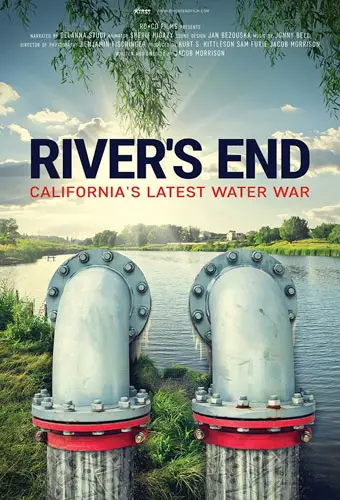
"…effectively uses beautiful scenic photography, well-executed interviews, archival footage, and helpful animation..."
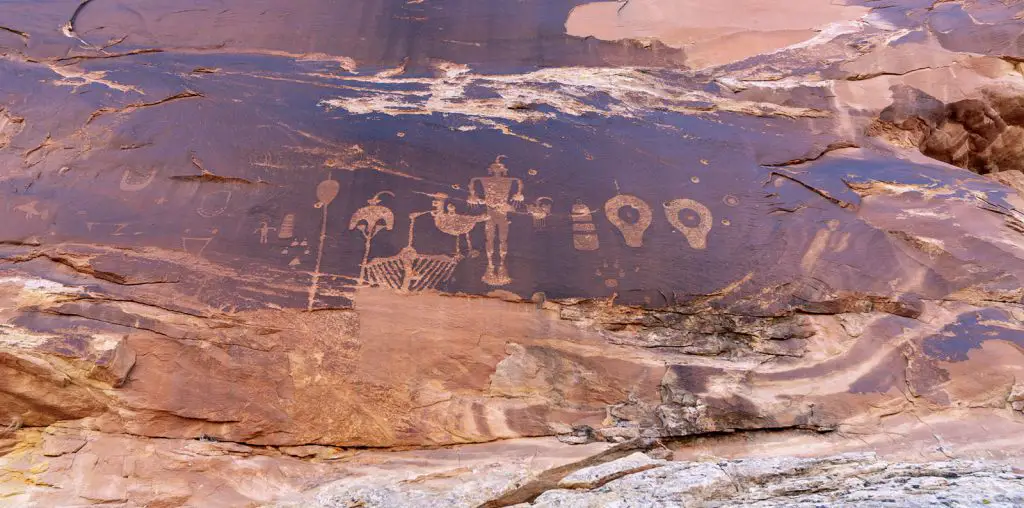
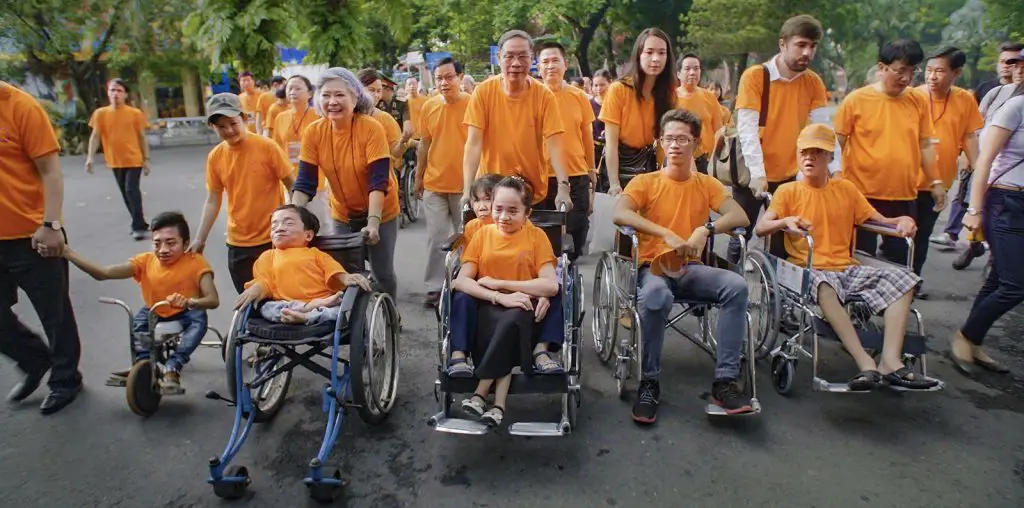
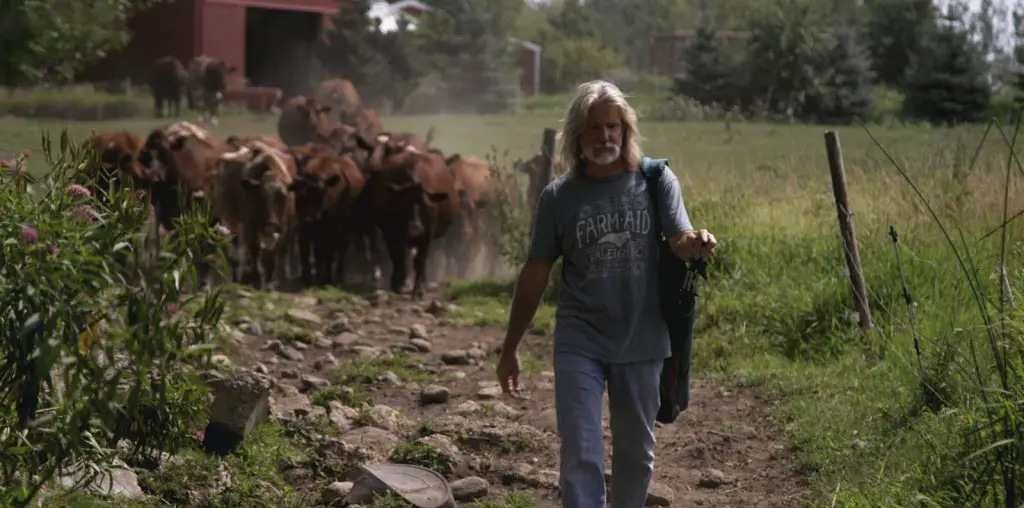
[…] Read more:: River’s End: California’s Latest Water War […]